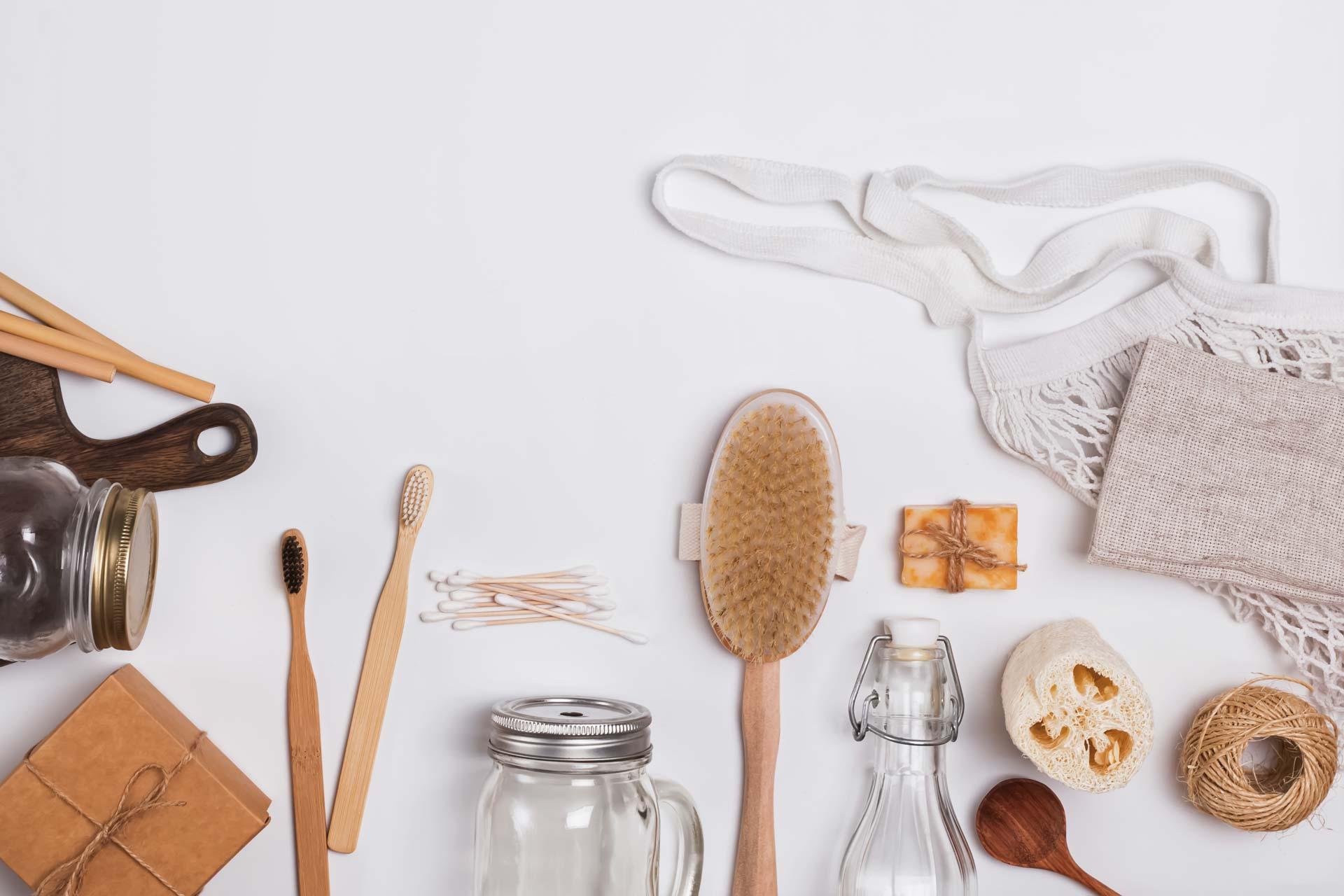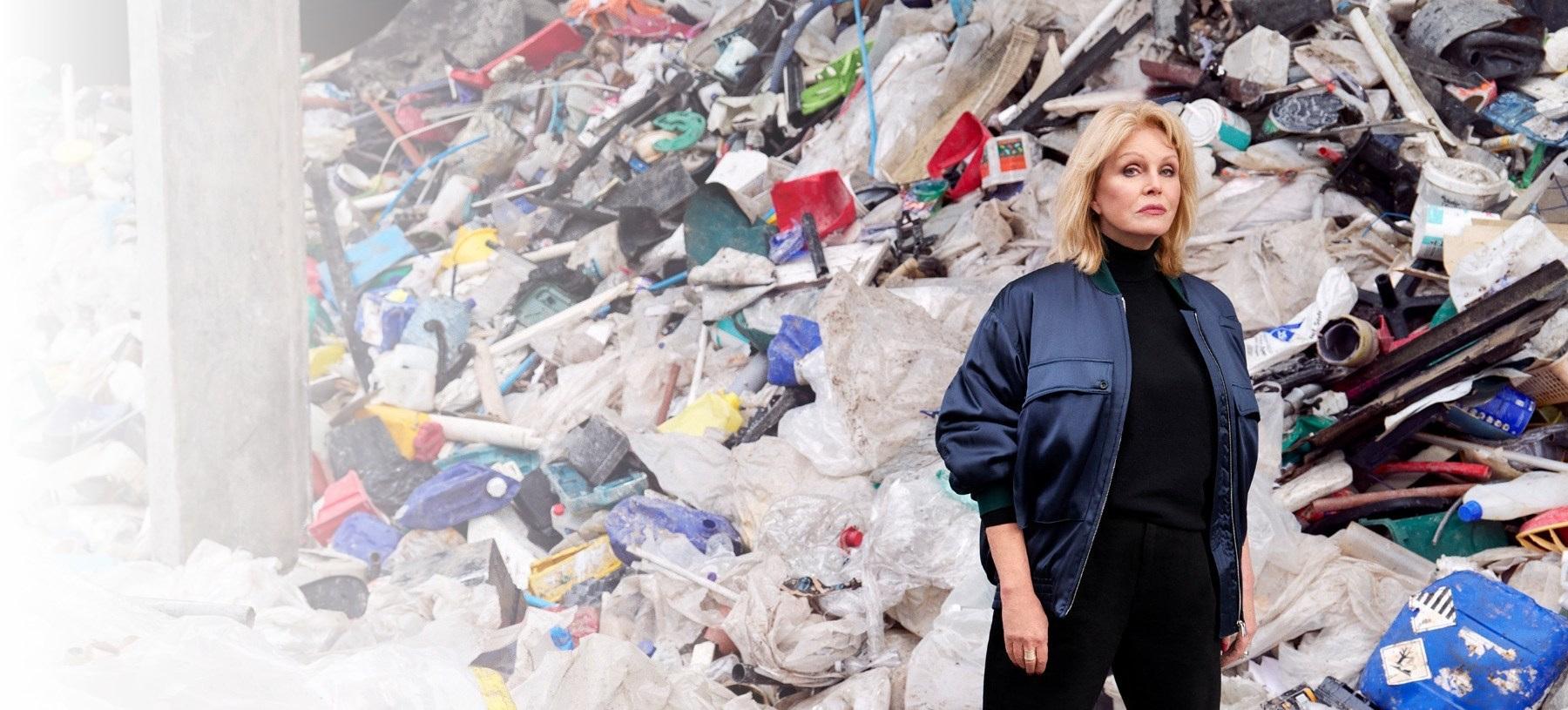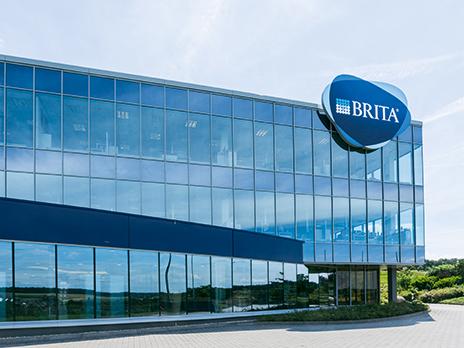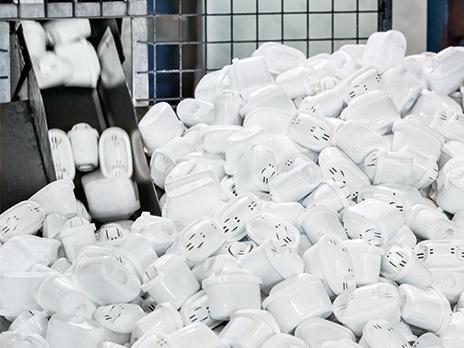Our new research shows that 57% of Brits are suffering with ‘green guilt'. The launch of our Greening Good Guide, alongside our brand ambassador, Joanna Lumley, tackles the issue by providing the nation with eco-friendly tips to help Brits achieve their top 'green resolutions'.
At BRITA, we recently commissioned a YouGov study that has revealed the nation’s feelings surrounding ‘green guilt'; a feeling experienced when we could, and should be doing more to help preserve the environment.
The research findings show that although 74% of Brits care about the planet and are motivated to make environmentally friendly choices, over one in four (28%) Brits experience ‘green guilt’ due to their non-sustainable lifestyle habits, and of those, three in ten (31%) feel this at least once a week. We were also able to uncover the nation's top 'green resolutions', creating a clear picture of the types of at-home behaviours we wish to change in the UK.
In light of these results, our BRITA ambassador, Joanna Lumley, has called for Brits to take action by making small household changes to feel good about their green wins. Encouraging the public to 'get their green on', Joanna and BRITA have launched the 'Greening Good Guide’, which is packed with eco-living tips and advice on how to reduce your environmental impact at home.










